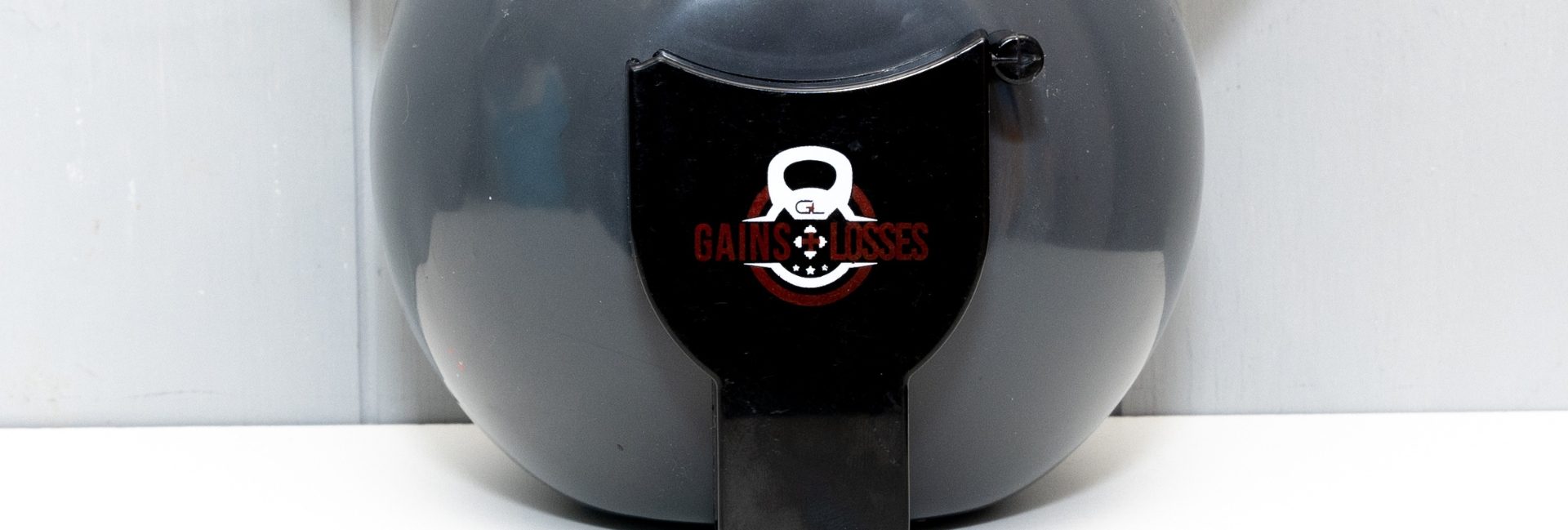In the pursuit of happiness, we often focus on what we lack rather than appreciating what we have. This constant desire for more can lead to feelings of dissatisfaction, stress, and even depression. However, shifting your mindset towards gratitude can bring about profound changes in your life. The simple act of being thankful for what you have—no matter how big or small—can enhance your mental and physical well-being, improve relationships, and increase overall life satisfaction.
What Is Gratitude?
Gratitude is the quality of being thankful and recognizing the good things in your life. It involves acknowledging the positive aspects of your life, whether they are tangible or intangible. Gratitude isn’t just about saying “thank you” to others; it’s also about cultivating an internal attitude of appreciation for the things we often take for granted.
The Benefits of Practicing Gratitude
Numerous studies have shown that practicing gratitude can have significant benefits for your health and happiness. Here’s how gratitude can positively impact your life:
- Improved Mental Health: Regularly expressing gratitude can reduce feelings of anxiety and depression. It helps shift your focus away from negative emotions and fosters a more positive outlook on life.
- Better Physical Health: Grateful people tend to take better care of their health. They exercise more, eat healthier, and are more likely to attend regular medical check-ups, all of which contribute to longer, healthier lives.
- Enhanced Relationships: Gratitude strengthens relationships by promoting empathy and reducing feelings of resentment. When you express appreciation for others, it encourages them to reciprocate, leading to stronger, more meaningful connections.
- Increased Resilience: Gratitude helps you cope better with difficult situations. By focusing on what you’re thankful for, you build resilience against life’s challenges and are better equipped to handle stress and adversity.
How to Cultivate Gratitude
Incorporating gratitude into your daily routine doesn’t have to be complicated. Here are a few simple practices to help you get started:
- Gratitude Journal: Keep a daily journal where you write down three things you’re grateful for. They can be as simple as a sunny day, a kind gesture from a friend, or a delicious meal. Over time, this practice can help rewire your brain to focus on the positives in your life.
- Gratitude Meditation: Spend a few minutes each day in quiet reflection, focusing on the things you’re thankful for. This can be a powerful way to center yourself and start your day with a positive mindset.
- Express Gratitude to Others: Make it a habit to express your appreciation to the people in your life. Whether it’s a handwritten note, a text, or a face-to-face conversation, letting others know you’re thankful for them can strengthen your relationships and spread positivity.
Conclusion
Gratitude is a powerful practice that can transform your life in many ways. By focusing on the positive aspects of your life and expressing appreciation for the people and things that matter most, you can improve your mental and physical health, enhance your relationships, and increase your overall happiness. Start small, be consistent, and watch as the practice of gratitude brings more joy and fulfillment into your life.



